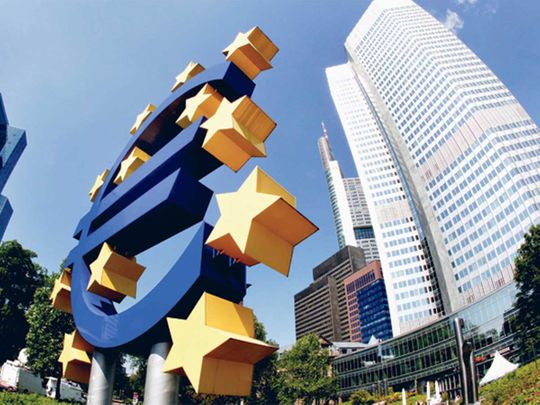
Frankfurt: The European Central Bank raised interest rates again on Thursday and pencilled in at least one more hike of the same magnitude next month.
The ECB has been increasing rates at a record pace to fight a sudden bout of high inflation in the euro zone - the byproduct of factors such as the aftermath of the COVID-19 pandemic and an energy crisis that followed Russia’s war with Ukraine.
The central bank for the 20 countries that share the euro raised the rate it pays on bank deposits by another half a percentage point to 2.5 per cent, in line with what it said in December and with market expectations.
Crucially, it said the next rate increase would be of the same size.
“In view of the underlying inflation pressures, the Governing Council intends to raise interest rates by another 50 basis points at its next monetary policy meeting in March and it will then evaluate the subsequent path of its monetary policy,” the ECB said.
Before the decision, investors and economists were expecting the ECB to raise its deposit rate by another 50 basis points in March and take it to a peak of 3.25 per cent/3.50 per cent by the summer, which would be the highest since the turn of the century.
On Wednesday, the US Federal Reserve slowed the pace of its own hikes and acknowledged that disinflation was underway, while reaffirming that borrowing costs still needed to rise further.
ECB President Christine Lagarde is likely to face questions about how widely Thursday’s decision was supported by her colleagues on the Governing Council and what it would take for the ECB to also start increasing rates by smaller increments.
Before Thursday’s decision, Lagarde had pushed back on any suggestion that the ECB was relenting in its fight against inflation and investors were generally expecting her to reaffirm that line.










